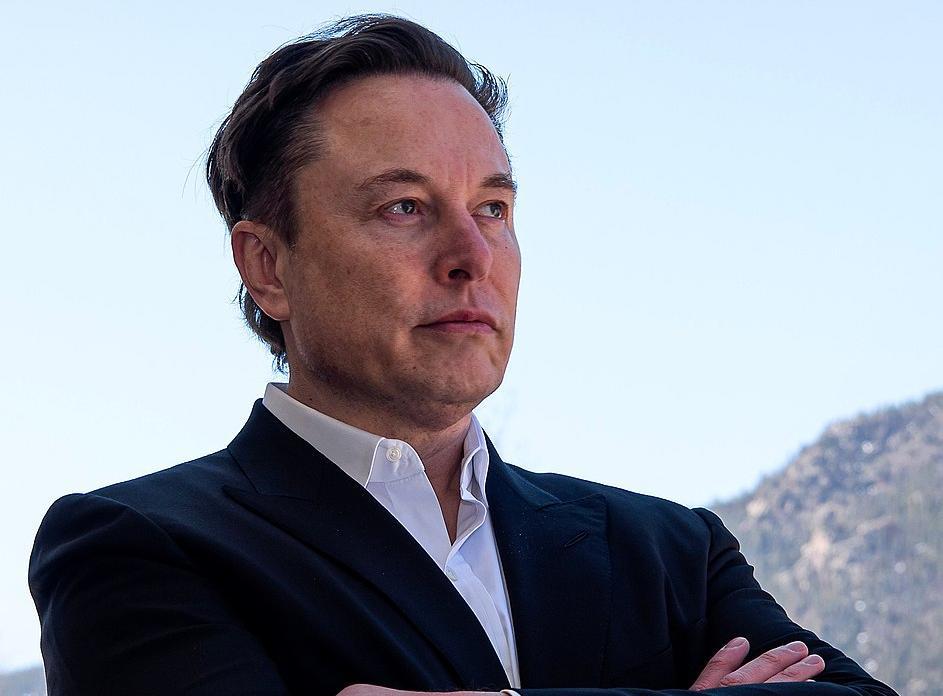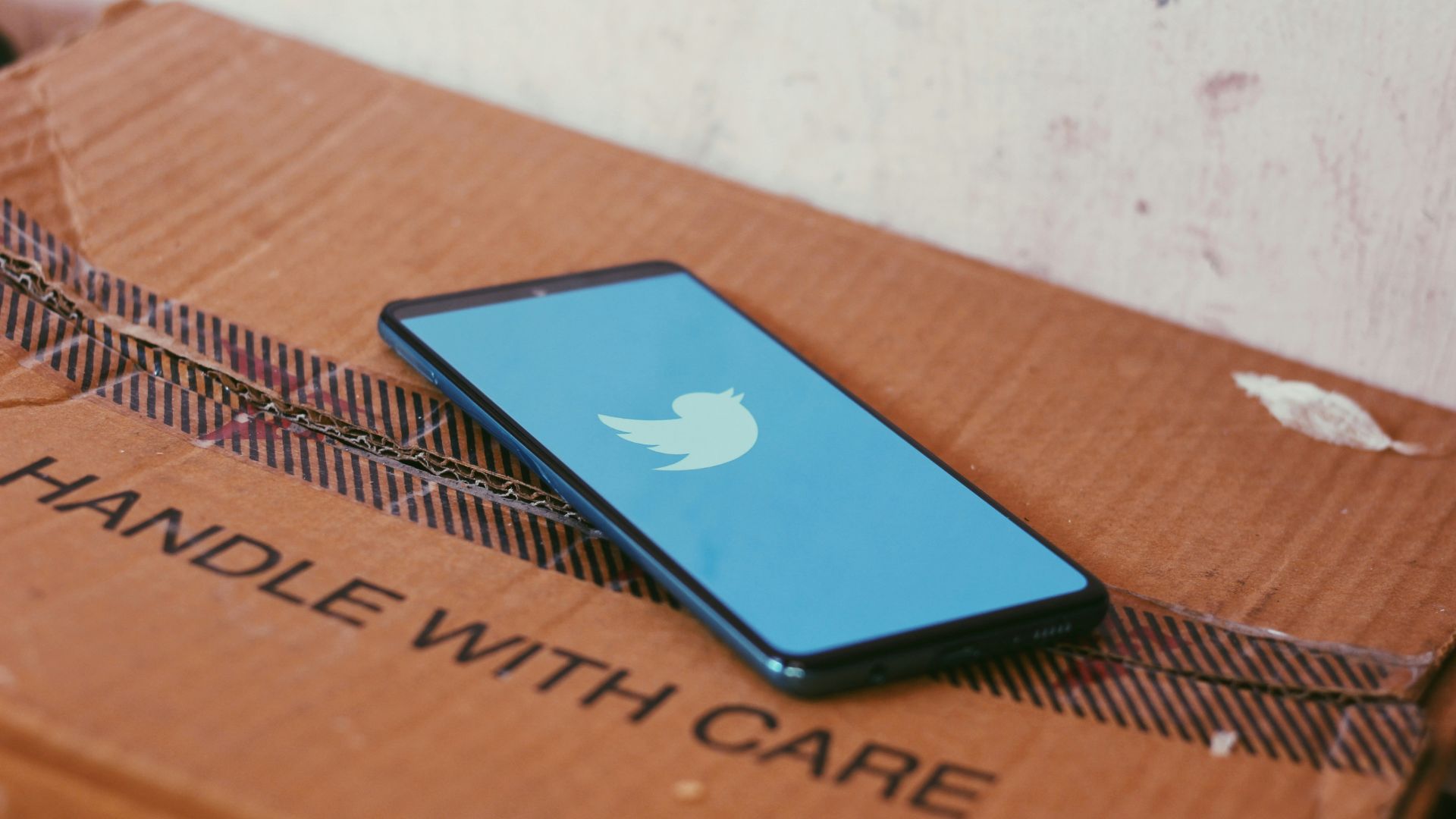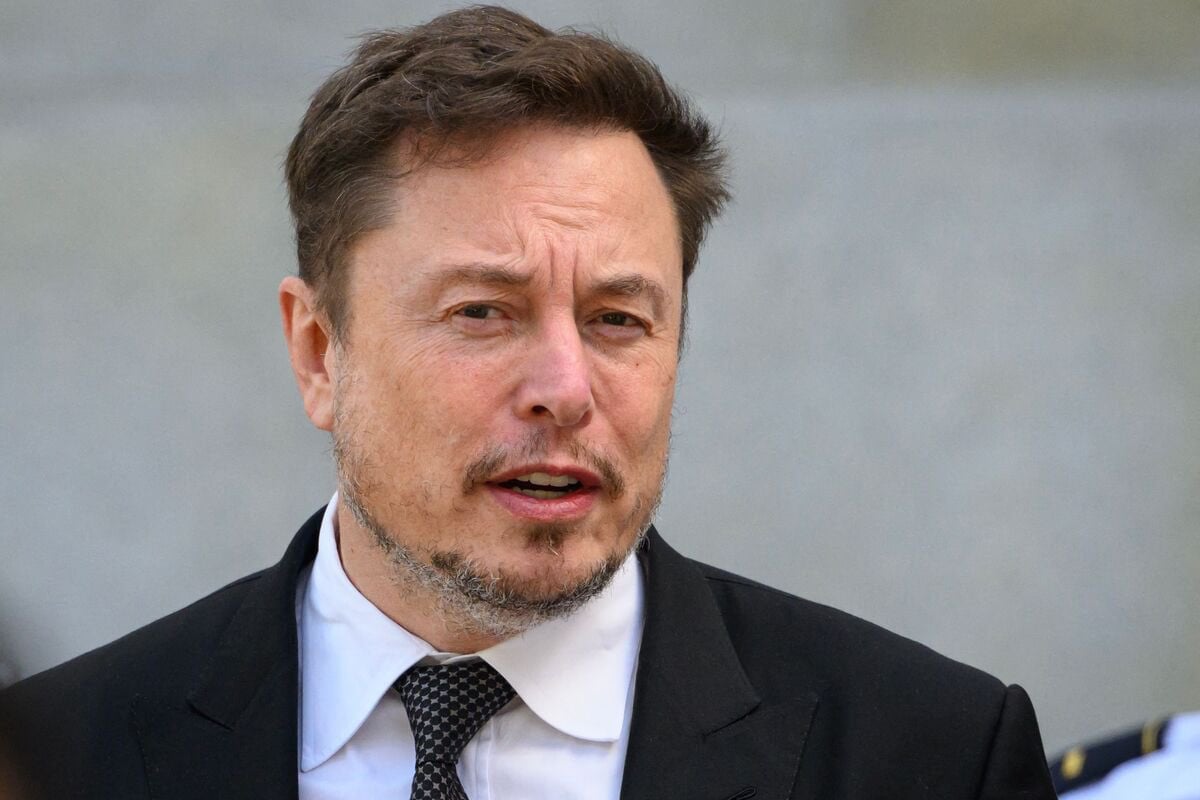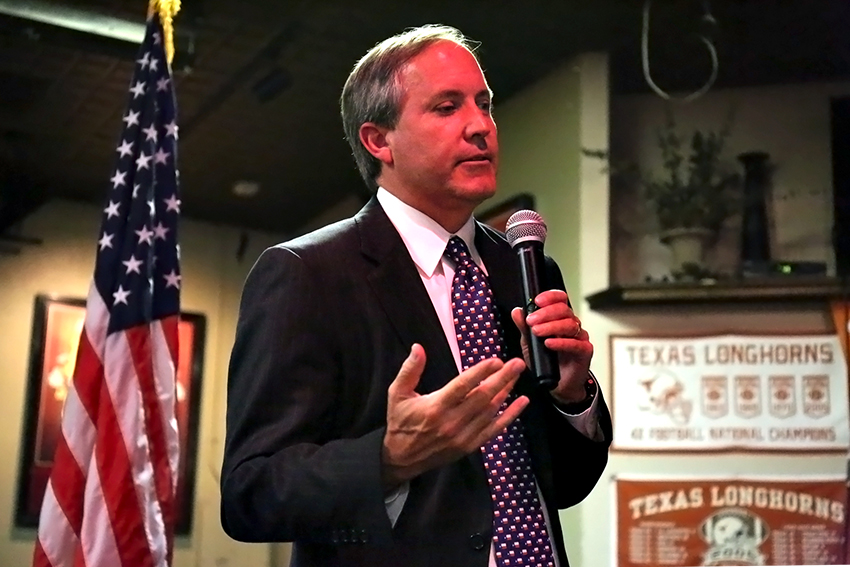Former FTC Official Claims Musk’s Twitter ‘Boycott’ Lawsuit Is a ‘Hideous Joke’
When Elon Musk first purchased and took over Twitter, creating the new X Corp, he immediately began fighting with advertisers who wanted to pull their content from the changing platform. Now, the EV and spaceship entrepreneur and billionaire has filed a lawsuit to mitigate the financial damage from lost ads.
When he first shooed away corporate sponsors, he used some less-than-polite language to kick them to the curb. However, it seems that the financial losses have gotten to Musk’s company, and he is now attempting to drag them back through what is being called a “frivolous” lawsuit.
What Is the Lawsuit?
Musk’s lawsuit against former advertisers accuses them of impetuously withdrawing financial backing and placing ads that caused the site and the parent company to lose revenue.

Source: Wikimedia
Several groups are on the receiving end of Musk’s fury this week. A global advertising alliance and companies like Mars and CVS Health are all named in the suit.
Musk's Tirade Pushed Corporate Sponsors Away
In the early days of Musk’s Twitter takeover, advertisers were quick to criticize the changes being made to user agreements, such as relaxed freedoms of speech and expanded options to purchase a blue check mark account.

Source: UK Government/Wikimedia Commons
At the time, Musk saw fit to tell the advertisers to “Go f*** yourself” while being interviewed at a business conference less than a year ago.
X Executive Speaks Out
Linda Yaccarino, an X CEO, shared an open letter and a video explaining the reasoning behind the lawsuit to X users and advertisers.

Source: @mattleys/X
She claims that X is accusing the Global Alliance for Responsible Media (GARM) of orchestrating an “illegal boycott” of X and other companies. GARM works to reduce the monetization of harmful or illegal digital content.
Twitter Now Allows Offensive Content
Since Musk’s big takeover and official switch to calling the platform X, the site has seen a flurry of new content.

Source: Alex Green/Pexels
The reduction in censure that Musk was so fond of in the early days of owning the social media company ensured that troubling new information, slurs, and photos were being shared on the site. Now, it’s easy to stumble across election misinformation and pornography while scrolling on X.
Other Social Media Sites Have Had Advertisers Pulled
A similar issue occurred with the social media site Rumble, a video streaming site that became the new favorite spot for far-right conspiracy theorists to share their ideas, hate speech, and misinformation.

Source: Ravi Sharma/Unsplash
The company recently announced that it would be jumping onto X’s lawsuit to maintain some of its previous advertisers, such as Unilever, CVS Health, Mars, and Ørsted, a Danish energy company.
Musk Had Some Grand Words for Business Partners
As posted on X, Musk made a typical grandiose call, stating, “We tried peace for 2 years, now it is war,” while sharing Yaccarino’s comments on the situation.

Source: @_wake_up_USA/X
He also shared, “Everyone who has been boycotted should file a lawsuit in every country they’ve been boycotted,” in response to Rumble jumping onto the lawsuit bandwagon.
Previous Suits on the Matter Are Deemed Bogus
When Musk first took over the site in early 2022, several major corporate sponsors pulled their content from it, citing the proliferation of new right-wing extremist content.

Source: Priscilla Du Preez/Unsplash
He attempted swift legal action against watchdog groups that took note of the toxic atmosphere on the web. One particularly frivolous lawsuit targeted the Center for Countering Digital Hate, which had plenty of files on the newly branded X platform. The case was quickly dismissed in March, and the judge cited that Musk could not punish groups for partaking in free speech by pulling their support.
Paid Ads Want Nothing To Do With X Content
Another bogus suit was filed against Media Matters for America. The group created a report showing how corporate-sponsored ads were appearing next to X posts from known neo-Nazis and white nationalists.

Source: @thedailytexan/X
The case was quickly laughed at and called bogus by legal commentators and fell to District Judge Reed O’Connor, who is expected to decide in April 2025 on the matter.
Conspiracy or Freedom of Speech?
The hefty lawsuit filed by Musk alleges that GARM and large advertisers are committing a “conspiracy” against Musk to “collectively withhold billions of dollars in advertising revenue” from the company.

Source: Mario Tama/Getty Images; JD Lasica/Wikimedia Commons
The filings also allege that GARM and WFA colluded to “demonetize disfavored content” in a way that “is likely illegal under the antitrust laws and threatens fundamental American freedoms.” However, as Musk points out, as a proponent of freedom of speech, companies are well within their right to support the information they align with and kick out what they do not.
Is the Advertising Boycott Illegal?
The Federal Trade Commission (FTC) actually uses antitrust laws that can enforce illegal boycotting from large groups. This is exactly what the X Corp lawyers are complaining is being done to them.

Source: Harrison Keely/Wikipedia Commons
However, the agency notes: “A business can always unilaterally choose its business partners.” In certain cases, the FTC can intervene in situations where large companies or a collection of companies collude to harm competition. For example, they often intervene when several companies work together to price-fix certain products.
Not Completely Frivolous
Robert Freund, a Los Angeles-based attorney who works with brands and social media advertising, says, “From a legal perspective, the complaint isn’t frivolous — group boycotts can violate antitrust law, and the complaint does a decent job of laying out specific communications and actions that suggest coordination intended to hurt X’s businesses.”

Source: KristopherK/Pixabay
Musk may have a case. However, it does not consider that the changes on X violate pre-agreed contracts imposed by the companies. For now, the issues must happen in long-drawn-out litigation with attorneys.
